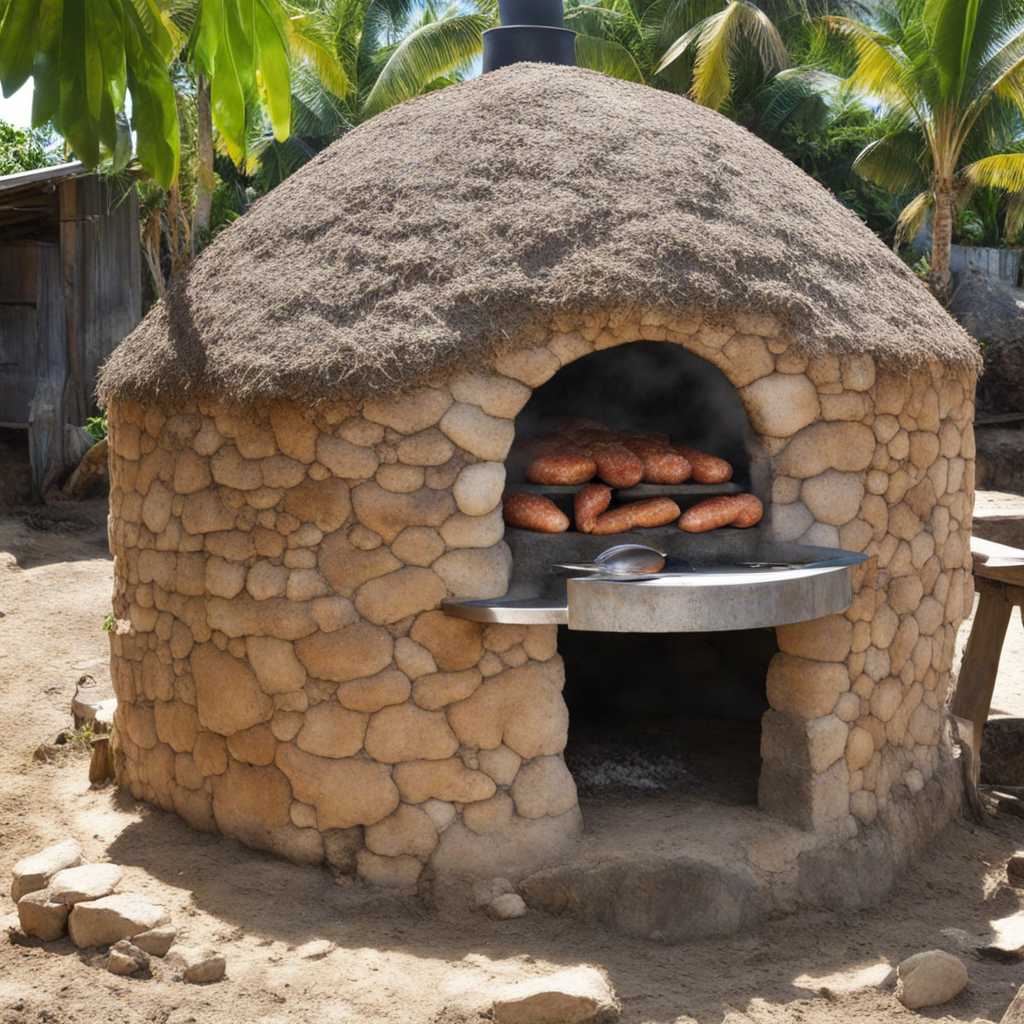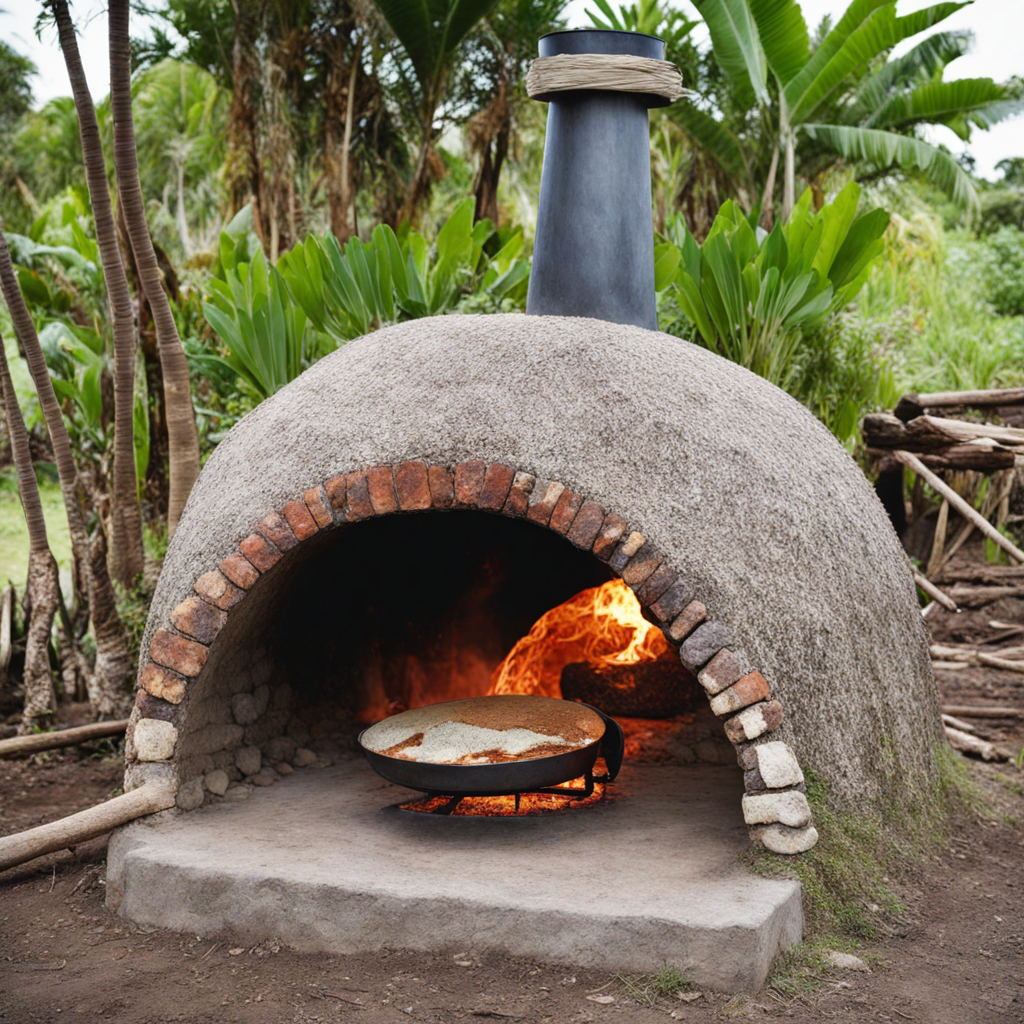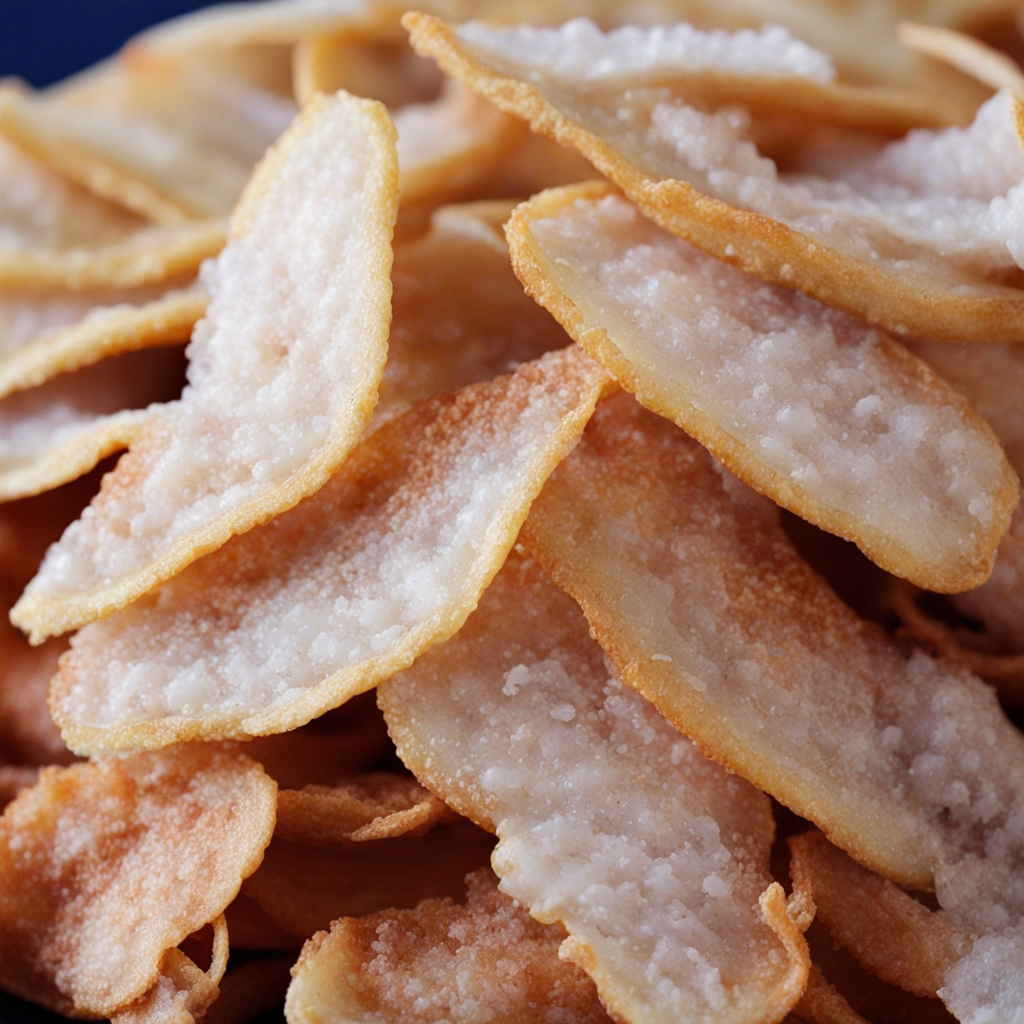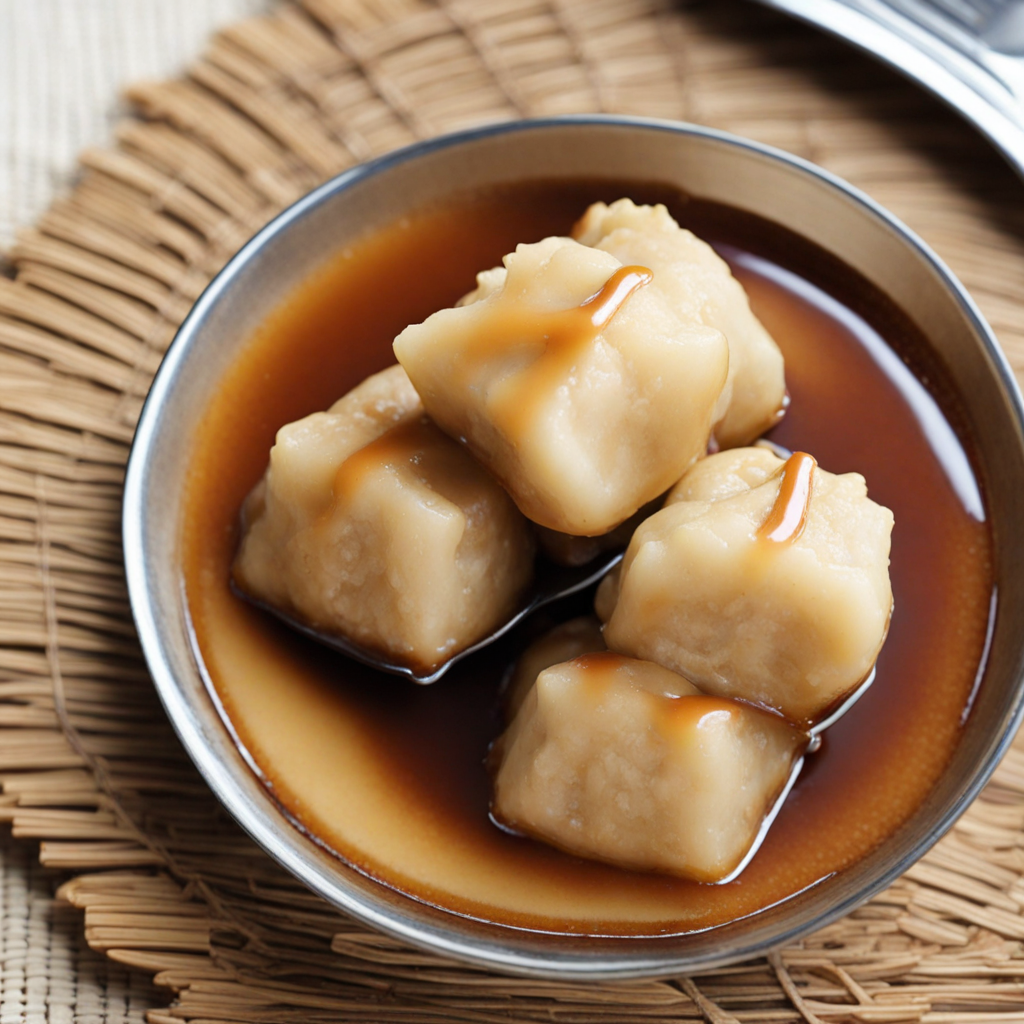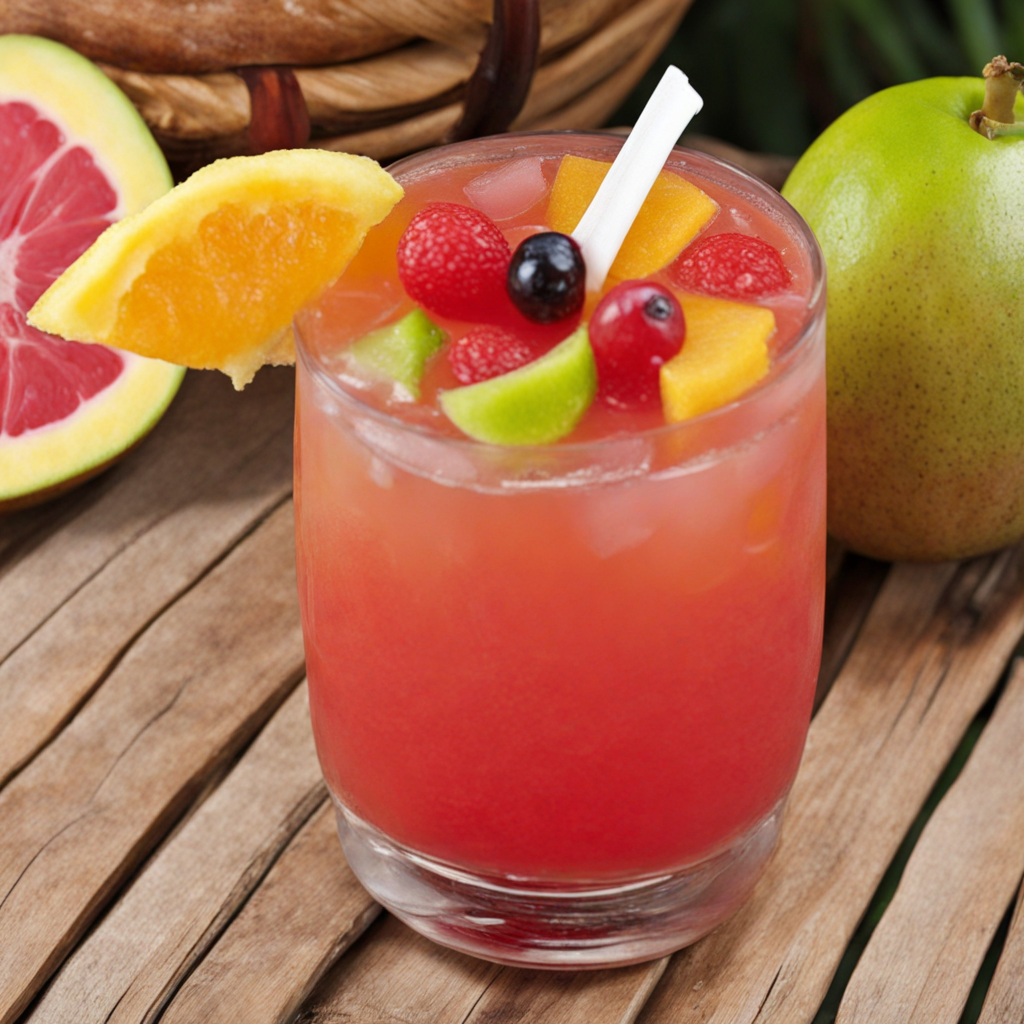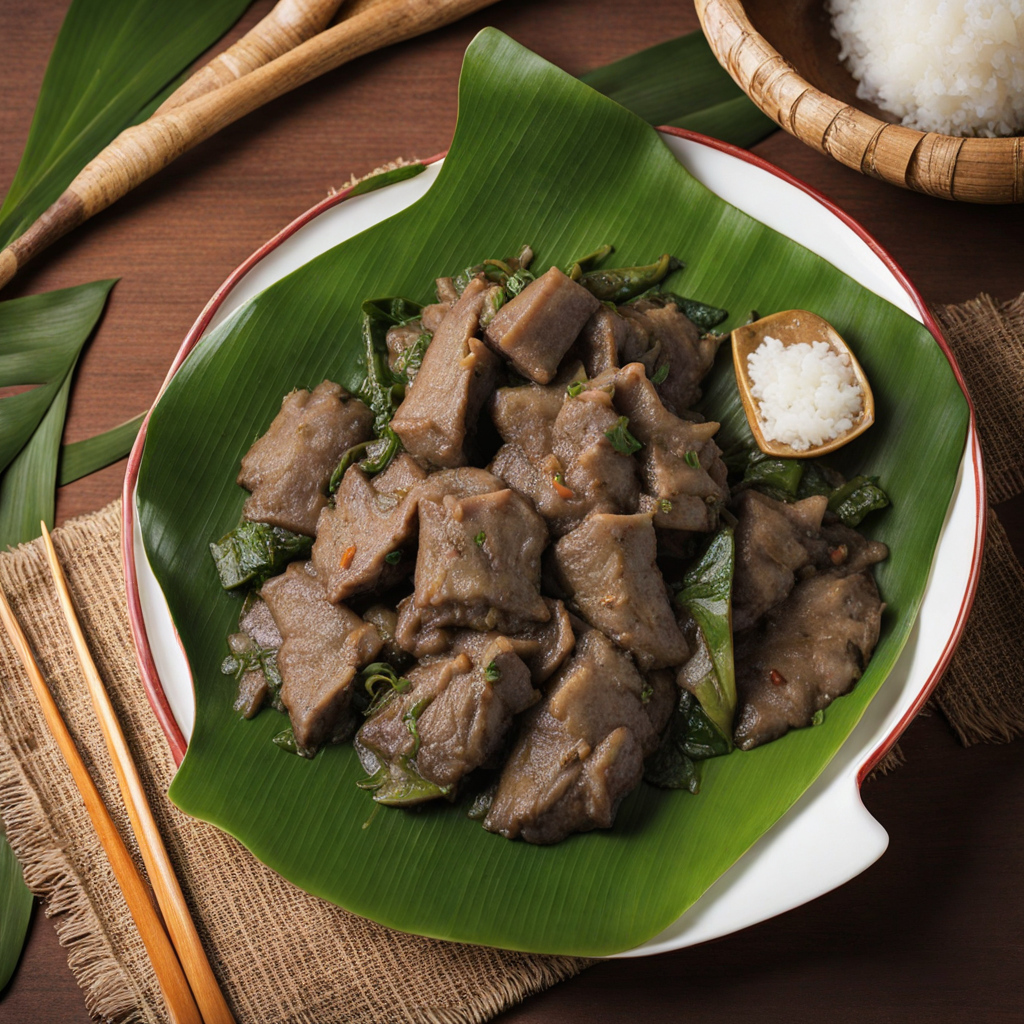Mumu
Mumu is a traditional Tongan dish that embodies the rich flavors and communal spirit of Polynesian cuisine. This dish is typically prepared by layering a variety of meats—such as pork, chicken, or fish—with an array of vegetables like taro, sweet potatoes, and cassava. The ingredients are seasoned with local spices and herbs, enhancing their natural flavors. What sets Mumu apart is its unique cooking method: the ingredients are wrapped in banana leaves and cooked slowly in an underground oven, known as an 'umu.' This method infuses the dish with a smoky aroma and tenderizes the meat, resulting in a hearty and flavorful meal that is often enjoyed during feasts and special occasions. The preparation of Mumu is deeply rooted in Tongan culture, often involving the participation of family and friends. As the dish is cooked underground, the anticipation builds, creating a sense of togetherness and celebration. The unwrapping of the banana leaves reveals a beautifully presented dish, with vibrant colors and enticing scents that draw people to the table. Each bite is a delightful combination of textures, from the tender meat to the creamy sweetness of the root vegetables, making it an unforgettable culinary experience. Mumu is not just a meal; it is a representation of Tongan hospitality and community. Sharing Mumu with loved ones is a cherished tradition, symbolizing unity and gratitude. The dish is often served with coconut cream drizzled on top, adding a rich, tropical finish that complements the savory flavors. Whether you are enjoying it at a family gathering or a cultural event, Mumu promises a taste of Tonga that is both comforting and exotic, inviting you to explore the vibrant tapestry of Pacific Island cuisine.
How It Became This Dish
The History of Mumu: A Culinary Treasure of Tonga Mumu, a traditional Tongan dish, is much more than just a meal; it embodies the rich tapestry of Tongan culture, history, and community. This unique method of cooking—often involving an underground oven—has roots that stretch back to ancient Polynesian traditions and continues to play a significant role in Tongan life today. #### Origins of Mumu The word "mumu" itself translates to "to cook in the ground" in Tongan. This method of cooking is considered one of the oldest in the world, with its origins dating back to the early Polynesian settlers who arrived in Tonga over 3,000 years ago. They brought with them a wealth of knowledge about agriculture, fishing, and cooking techniques that would shape the culinary landscape of the islands. The mumu cooking technique utilizes an underground oven, known as an "umu" in other Polynesian cultures. To prepare a mumu, a pit is dug in the ground, and a fire is lit to heat stones placed inside. Once the stones are sufficiently heated, the fire is removed, and food wrapped in leaves is placed on top of the stones. The pit is then covered with more leaves and sometimes soil, allowing the food to steam slowly in the heat. This method not only imparts a unique flavor to the food but also retains nutrients, making it a healthy cooking option. #### Cultural Significance Mumu is deeply intertwined with Tongan cultural practices and serves as a symbol of community and togetherness. Traditionally, mumu is prepared for significant gatherings, celebrations, and ceremonies. Whether it’s a wedding, a birthday, or a communal feast, the act of cooking mumu brings people together, fostering a sense of unity and shared purpose. It embodies the Tongan values of hospitality and generosity, as families often prepare mumu for their guests, showcasing their culinary heritage. The ingredients used in mumu are typically a reflection of Tongan agriculture and marine resources. Common components include taro, sweet potatoes, cassava, and various meats, such as pork, chicken, or fish. The use of local produce not only highlights the islands' rich biodiversity but also emphasizes the importance of sustainability and self-sufficiency, principles that are integral to Tongan culture. #### Development Over Time As Tonga has evolved through the centuries, so too has the practice of making mumu. While the traditional methods remain largely unchanged, modern influences have introduced new ingredients and variations. In contemporary Tongan society, mumu is still prepared for special occasions; however, it has also found a place in everyday life, making it a versatile dish that can be adapted to suit different tastes and dietary needs. The global spread of Tongan culture, especially through diaspora communities, has contributed to the evolution of mumu. Tongans living abroad have begun to incorporate ingredients available in their new home countries, leading to exciting fusion variations of the dish. For example, in places like New Zealand and Australia, where many Tongans have settled, you might find mumu made with ingredients like pumpkin or even lamb, showcasing how traditional recipes can adapt and thrive in new environments. #### Mumu in Modern Tonga Today, mumu remains a cherished culinary tradition in Tonga, serving as a reminder of the islands' rich heritage and communal spirit. It is often featured during national celebrations, such as the annual Tongan Independence Day and the Heilala Festival, which showcases Tongan culture through music, dance, and, of course, food. During these events, large-scale mumu preparations occur, where entire communities come together to cook and celebrate, reinforcing social bonds and cultural identity. The practice of cooking mumu is also a teaching tool for younger generations. Elders pass down their knowledge of the technique, the significance of the ingredients, and the importance of community cooperation. This intergenerational sharing not only preserves the culinary tradition but also strengthens family ties and cultural pride. #### Conclusion Mumu is more than just a dish; it is a cultural artifact that encapsulates the essence of Tongan life. From its ancient origins to its role in contemporary celebrations, mumu represents the values of community, sustainability, and adaptability. As Tonga continues to navigate the complexities of modern life while honoring its rich traditions, mumu stands as a testament to the enduring power of food to connect people, tell stories, and celebrate heritage. Whether enjoyed during a festive occasion or a family gathering, mumu remains a beloved symbol of Tongan culture, a delicious reminder of the past, and a bridge to the future.
You may like
Discover local flavors from Tonga


